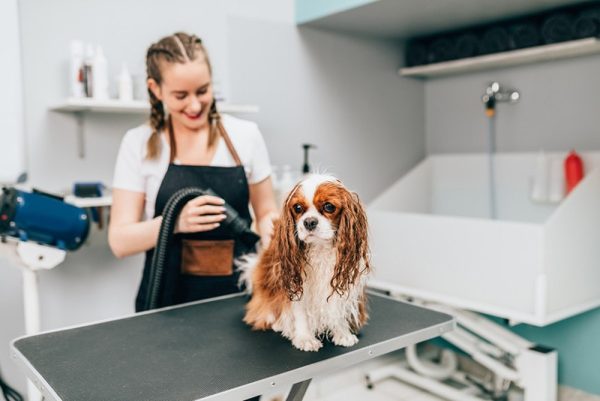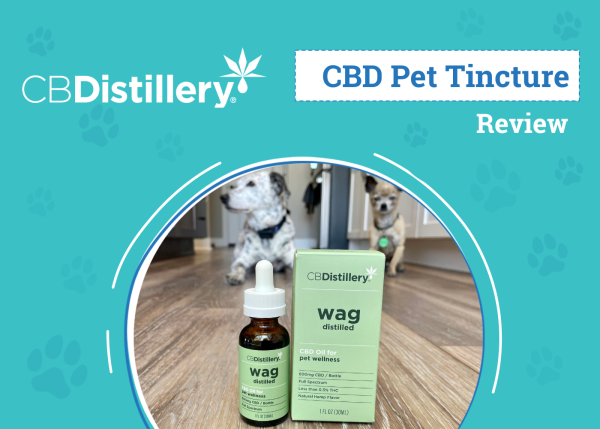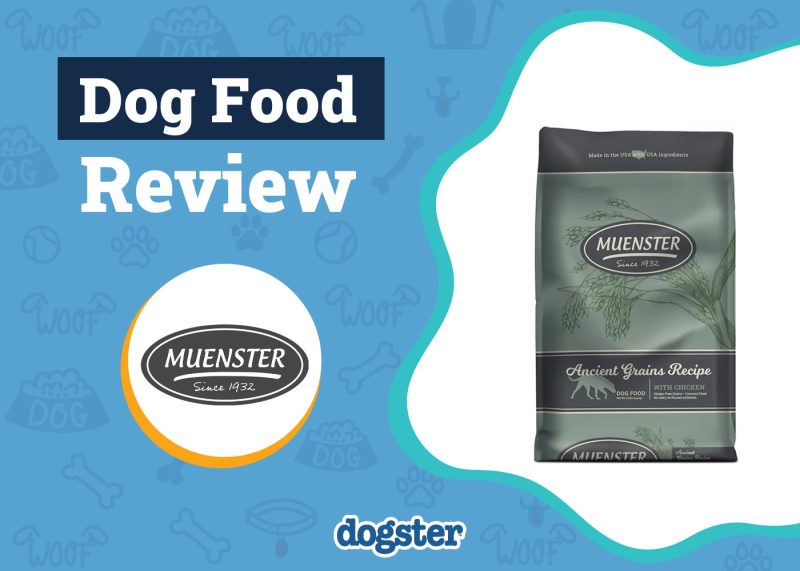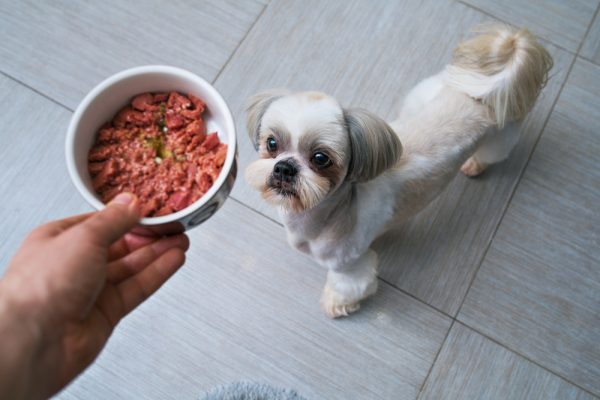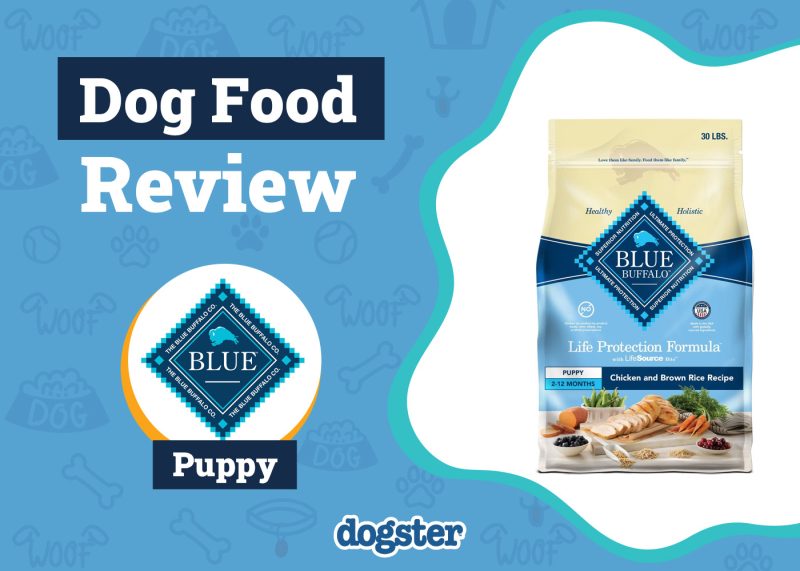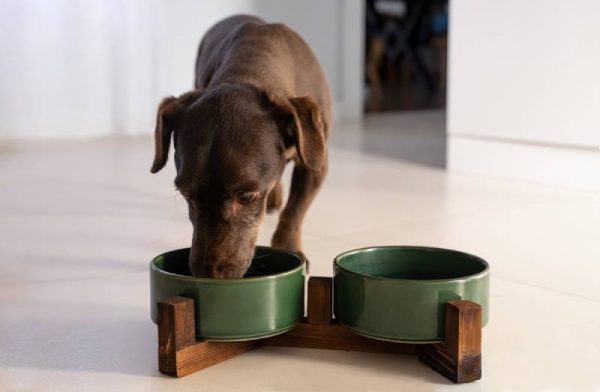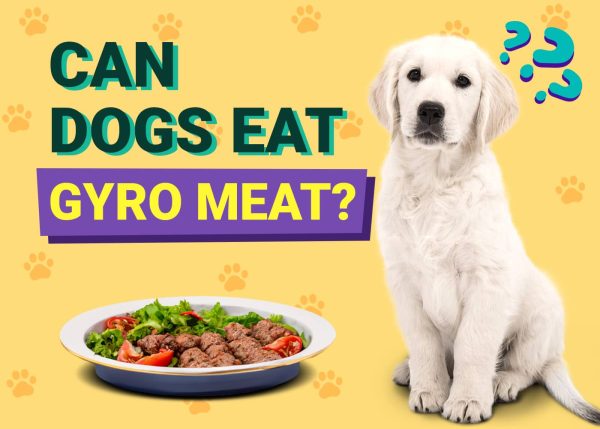Dogs need water to stay hydrated, but did you know that water isn’t the only thing dogs can drink? There are other canine-friendly options they can enjoy alongside their main bowl of fresh water. These options can encourage your dog to keep hydrated as they are tasty, plus most of them have an enticing aroma that dogs can’t resist.
This article will explore what else dogs can drink other than water. Keep in mind that the following options should only be offered in a separate bowl to your dog’s main water source. It should not be used as a replacement since dogs require fresh water at all times.
Also, your dog doesn’t miss out if you choose to only offer water. This is all they need, and anything else should be considered an occasional treat.

The 6 Things Dogs Can Drink Besides Water
1. Bone Broth
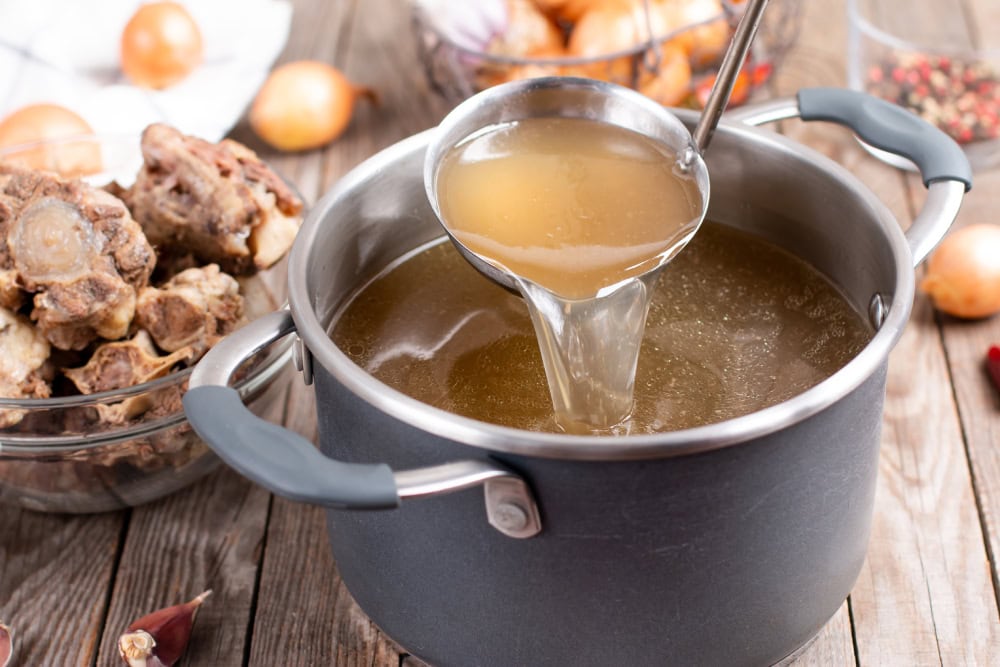
Bone broth is a liquid created by boiling the bones and connective tissue of animals in water. It could have additional ingredients to create a delicious soup, such as pieces of meat or vegetables.
Bone broth is rich in various nutrients that can be beneficial to dogs. Some noteworthy nutrients in bone broth include glucosamine, hyaluronic acid, collagen, and chondroitin. These nutrients might help benefit a dog’s coat and joint health, as they provide building blocks for skin and cartilage.
Only dog-specific bone broth is safe for dogs to drink. You want to avoid store-bought bone broth that has salt, spices, and other additives (such as toxic garlic or onions) that are not good for dogs. Alternatively, make your own bone broth at home using only safe ingredients.
- Helps encourage your dog to stay hydrated
- High in collagen
- Contains beneficial vitamins and minerals
- May help improve skin and coat health
- Bone broth for humans is not safe for dogs
- You may need to prepare it yourself
2. Chicken Broth
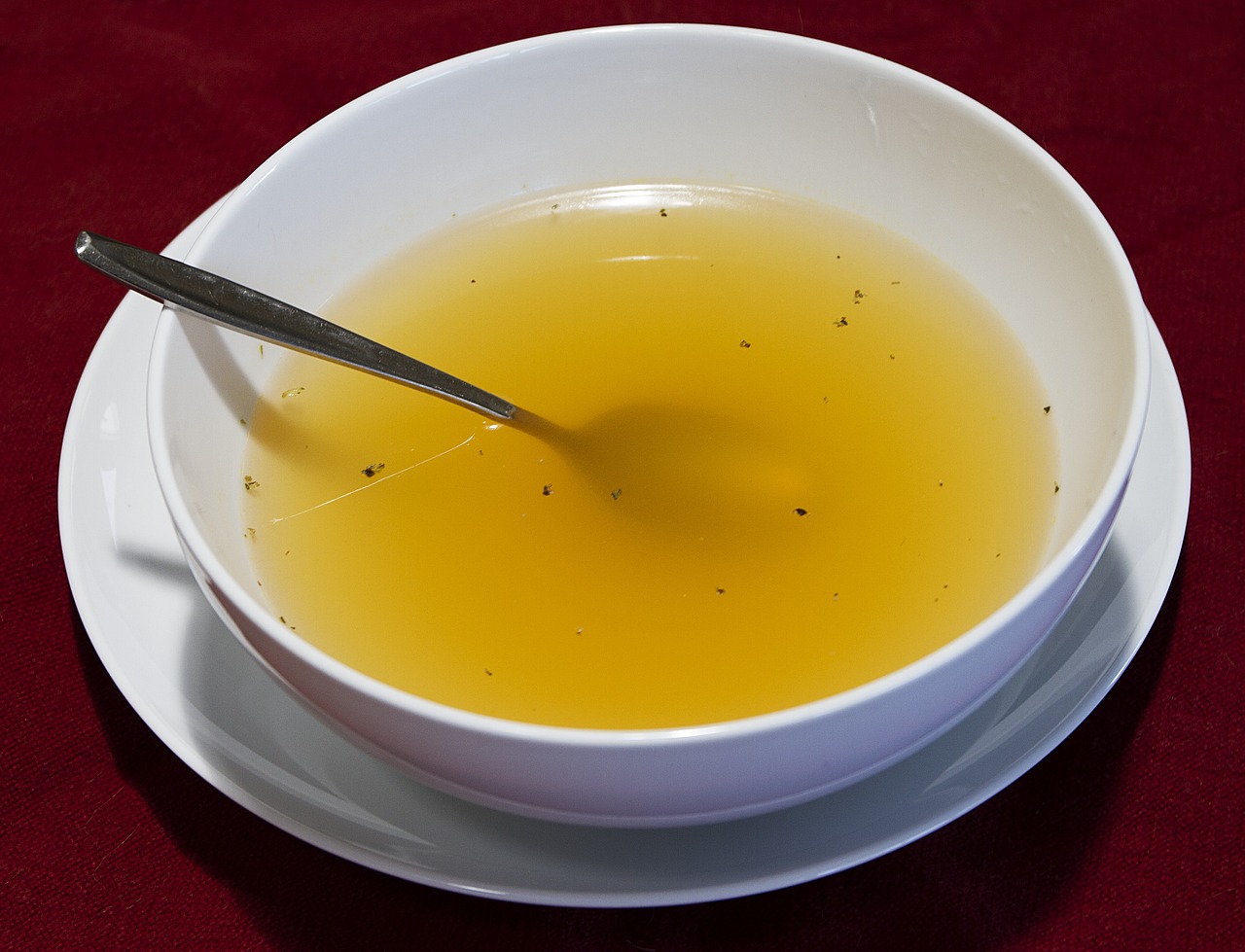
Like bone broth, chicken broth refers to boiling chicken meat, bones, marrow, feet, and cartilage in water. It offers similar nutrients to bone broth, except specifically the ones from poultry. Dogs can benefit from unsalted, dog-specific chicken broth as it is high in amino acids.
You can prepare the chicken broth yourself so that you know what ingredients are going into it and whether they are safe for your dog. A very simple way to do this would be to boil some chicken breasts. Alternatively, you can purchase dog-specific chicken broth in a liquid or powdered form.
- Contains amino acids with anti-inflammatory benefits
- You will need to prepare it yourself if you cannot find a dog-friendly option
3. Electrolyte-Replacing Fluids

Dogs can be given electrolyte-replacing fluids to help with hydration and to balance electrolytes. This can be beneficial for dogs that are exercising intensely, dehydrated, or feel unwell.
Electrolyte-replacing fluids are usually given as a powder that is mixed with water by veterinarians. Ask your veterinarian for an electrolyte replacer if you think your dog could benefit from one.
- Helps with hydration
- Balances electrolytes
- Needs to be provided by a veterinarian
If you need to speak with a vet but can't get to one, head over to PangoVet. It's our online service where you can talk to a vet online and get the advice you need for your pet — all at an affordable price!
4. Puppy Milk
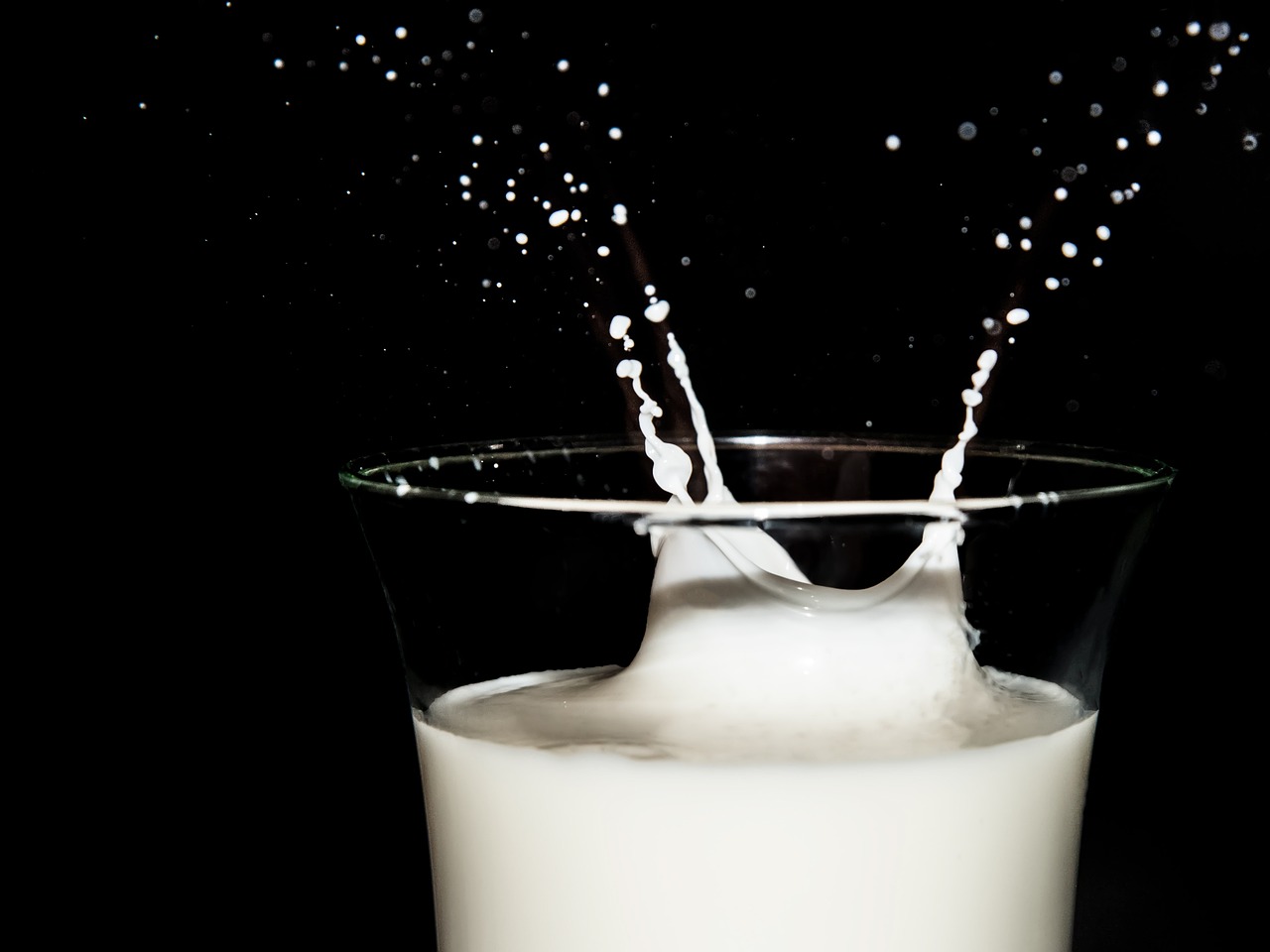
Some dogs can drink small amounts of cow’s or goat’s milk. Cow’s milk is a source of protein, vitamins A and D, and calcium which dogs need to be healthy. The main concern with feeding cow’s milk to dogs is that it is high in lactose, and many dogs are lactose-intolerant.
Adult dogs may struggle to digest the lactose in milk since they lack the necessary enzymes, which can lead to gastrointestinal upset. A great alternative is puppy milk, designed for dogs. A little puppy milk should be fine for most dogs, but it is high in fats, so not recommended for dogs with a history of pancreatitis.
- Contains linoleic acid for skin and coat health
- Source of protein
- High in trace minerals and electrolytes for hydration
- Adult dogs cannot digest lactose in animal milk properly
- High in fats
5. Homemade Fruit or Vegetable Juice
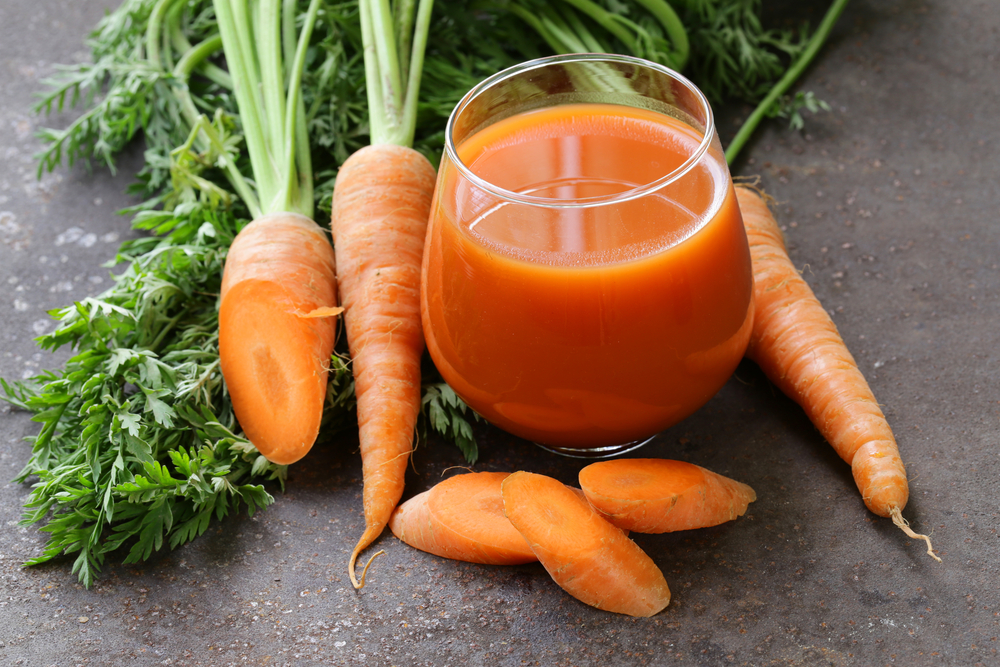
You can make your dog fruit or vegetable juice at home by blending water and fruits and vegetables safe for dogs. It should only be fed sparingly as fruit and vegetable juice is high in natural sugars, which is not good for dogs if they have too much.
Good choices for fruits and vegetables are banana, blueberries, kale, carrots, and cucumber. Never use grapes, raisins, onions, garlic, avocado, citrus, or coconut.
Both fruit and vegetable juices are packed with vitamins and minerals that dogs can benefit from. We just don’t recommend store bought juices, due to the added sugar and other potential additives.
- Packed with beneficial antioxidants, vitamins, and minerals
- Most dogs enjoy the sweet taste
- Low in fat
- You have to made at home, so ensure no additives
6. Homemade Vegetable Broth
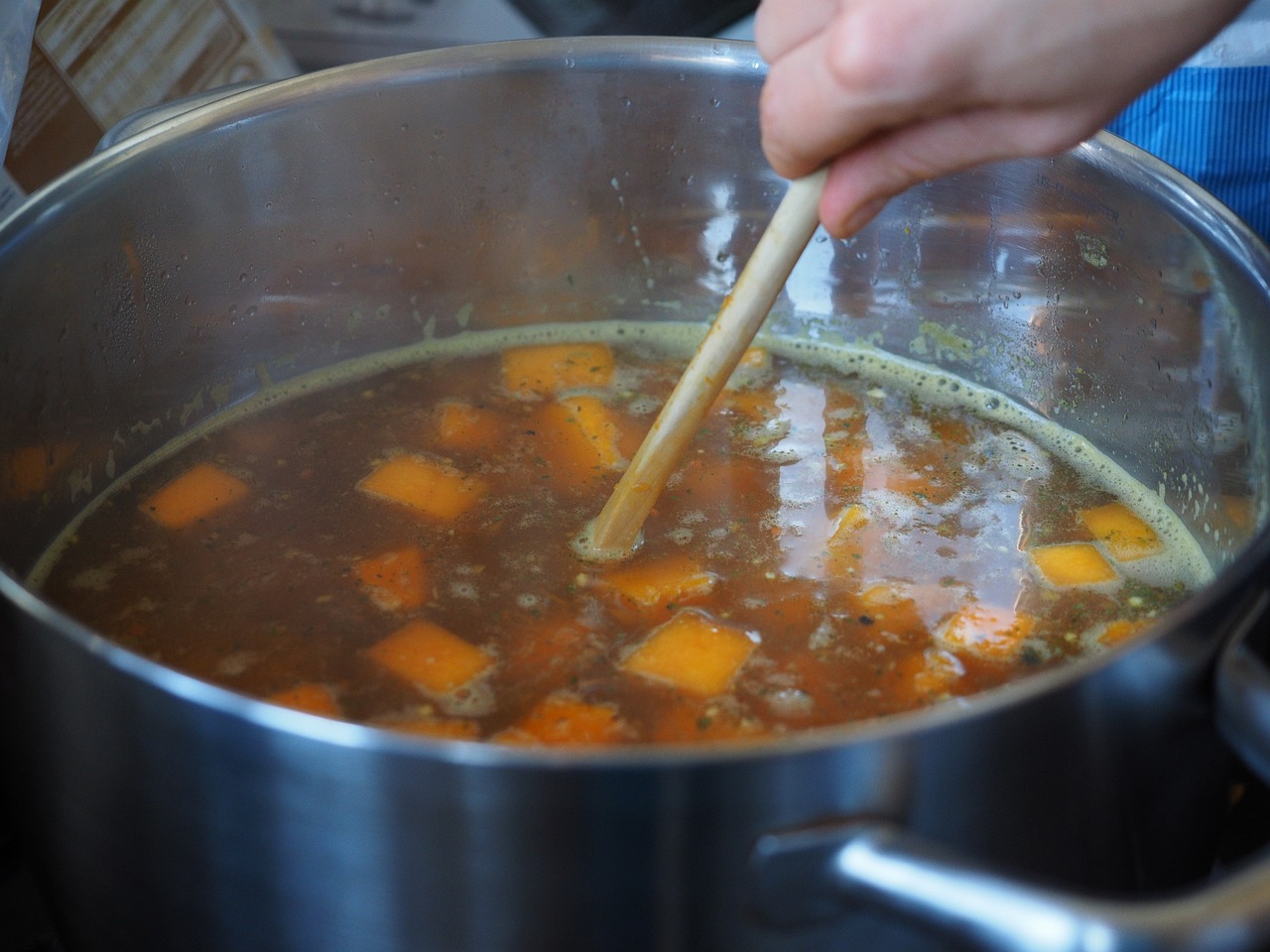
If you do not want to give your dog meat-based broths, then vegetable broths are a great choice. Vegetable broth is made by boiling different vegetables so that the water absorbs the flavors. The amount of nutrition in vegetable broth depends on what vegetables were used to make it. Most dog-friendly vegetable broths contain wholesome veggies such as carrots, spinach, and broccoli.
Ideally, you want to give your dog homemade vegetable broth that has been prepared purely of vegetables with no harmful additives. Store-bought vegetable broth will likely contain dangerous ingredients like onions or garlic.
- Low in calories
- Packed with vitamins and minerals
- You have to made at home, so ensure no harmful ingredients

In Conclusion
There are many other types of liquids dogs can enjoy aside from water. This can range from puppy milk, fruit juices, broths, and electrolyte solutions. Most of these options are tasty and offer your dog the electrolytes necessary for hydration. Always ensure that they are only offered if your dog has the option of drinking fresh water too.
See also:
- Can Dogs Drink Tea? Vet-Approved Nutrition Facts & FAQ
- Can Dogs Eat Clam Chowder? Vet Reviewed Nutrition Facts & FAQs



